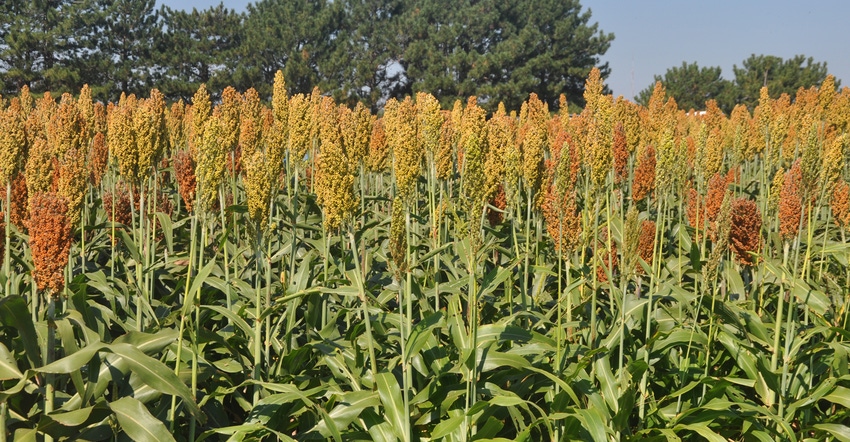June 26, 2018


Agriculture and energy are inextricably linked. At a fundamental level, agriculture is simply a conversion of energy from the sun into energy useful to humans as food and fuel. However, the linkages go far beyond this basic physics problem. American farmers today must navigate an unbelievably complex global economy where politics half a world away are often second only to rain as the driving force behind farm profitability. This situation illustrates why ethanol is so important for farmers managing increasingly hostile commodity markets where the prices of non-farm commodities — such as the price of crude oil — are more influential than supply and demand.
It is my privilege to take over writing duties for this column from my friend and colleague, Chris Cogburn. I serve as strategic business director for National Sorghum Producers, where I lead legislative and regulatory analysis at the federal and state levels. I am blessed to call West Texas home, and my parents still operate our family farm west of Lubbock. A focal point of Chris' writing has been policy, and given my role in this area, policy and the need for grassroots engagement are subjects on which I plan to spend a considerable amount of time, as well.
Regardless of policy, ethanol presents a value proposition to all involved. Ethanol gives farmers access to more markets and greater global market liquidity. In a world where 74% of the variance in the price of corn is driven by the price of crude oil, having direct access to energy-producing end-users enables farmers to capture volatility in energy markets through improved basis and futures opportunities. Ethanol allows refiners to produce a lower-cost, lower-octane gasoline and then blend up to a finished 87 octane consumer product. Most importantly, through these improved blending economics, ethanol saves consumers as much as a $1.00 per gallon at the pump. Even at the depths of $30-$40 per barrel of crude oil, ethanol provided the most cost-effective octane source on the planet. That’s what I call value.
However, farmers must not forget the impact of transportation fuel policy on the ethanol industry. Value or no value, structural challenges to greater ethanol usage exist. The most often discussed challenge is known as the Blend Wall. Owing to regulatory barriers, vehicle warranty issues, convenience store operator apprehension and miscommunication by all involved, the U.S. supply chain has significant difficulty absorbing ethanol at levels greater than 10% of the total fuel supply. With grain supply and ethanol production efficiency growing as well as increasing instability in key petroleum-producing regions, scaling this Blend Wall is more important now than ever.
The Renewable Fuel Standard was designed through a partnership of the ethanol, oil and agriculture industries aimed at enabling ethanol usage of greater than 10% of the total fuel supply. EPA has recently discussed changes that would reduce the law’s effectiveness, so NSP jumped at the chance to host Administrator Scott Pruitt at the Schindler family farm in South Dakota. The meeting featured little agreement, but the discussion was professional, frank and even friendly.

MAKING THE CASE: Scott Pruitt (left) visits with farmers at the Schindler family farm in South Dakota. The National Sorghum Producers hosted the meeting in an effort to deliver a clear message of the importance of ethanol to sorghum producers.

Our message was clear then as it is now: Ethanol is important to the future of U.S. agriculture and growing the market for the fuel is essential. Ethanol presents a value proposition, so we must expand its reach. The RFS helps drive this growth just as Congress designed it to do. It is the law, and it must be preserved and strengthened.
Duff is strategic business director for National Sorghum Producers. He can be reached by email at [email protected] or find him on Twitter @_johnduff_.
You May Also Like




